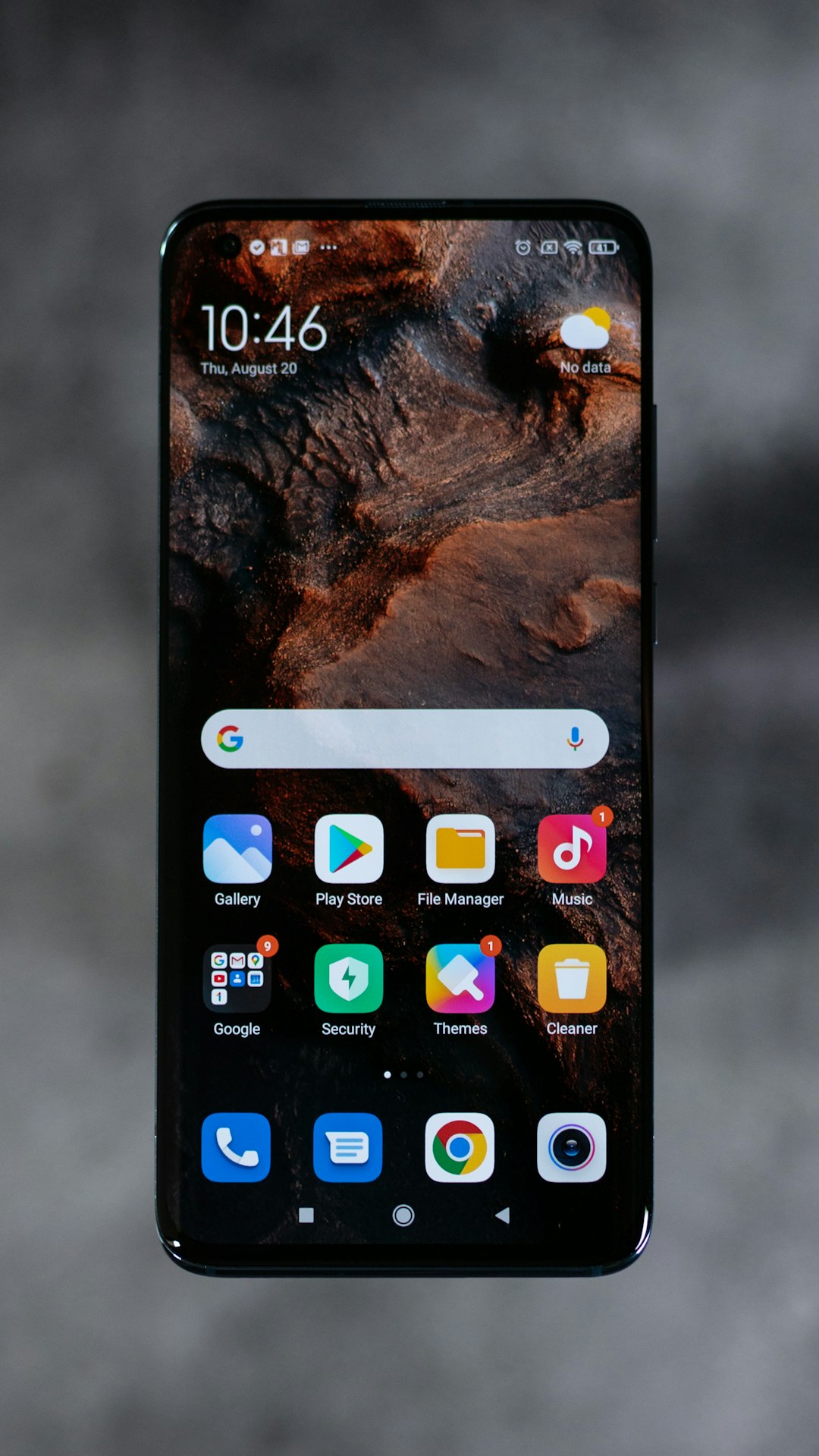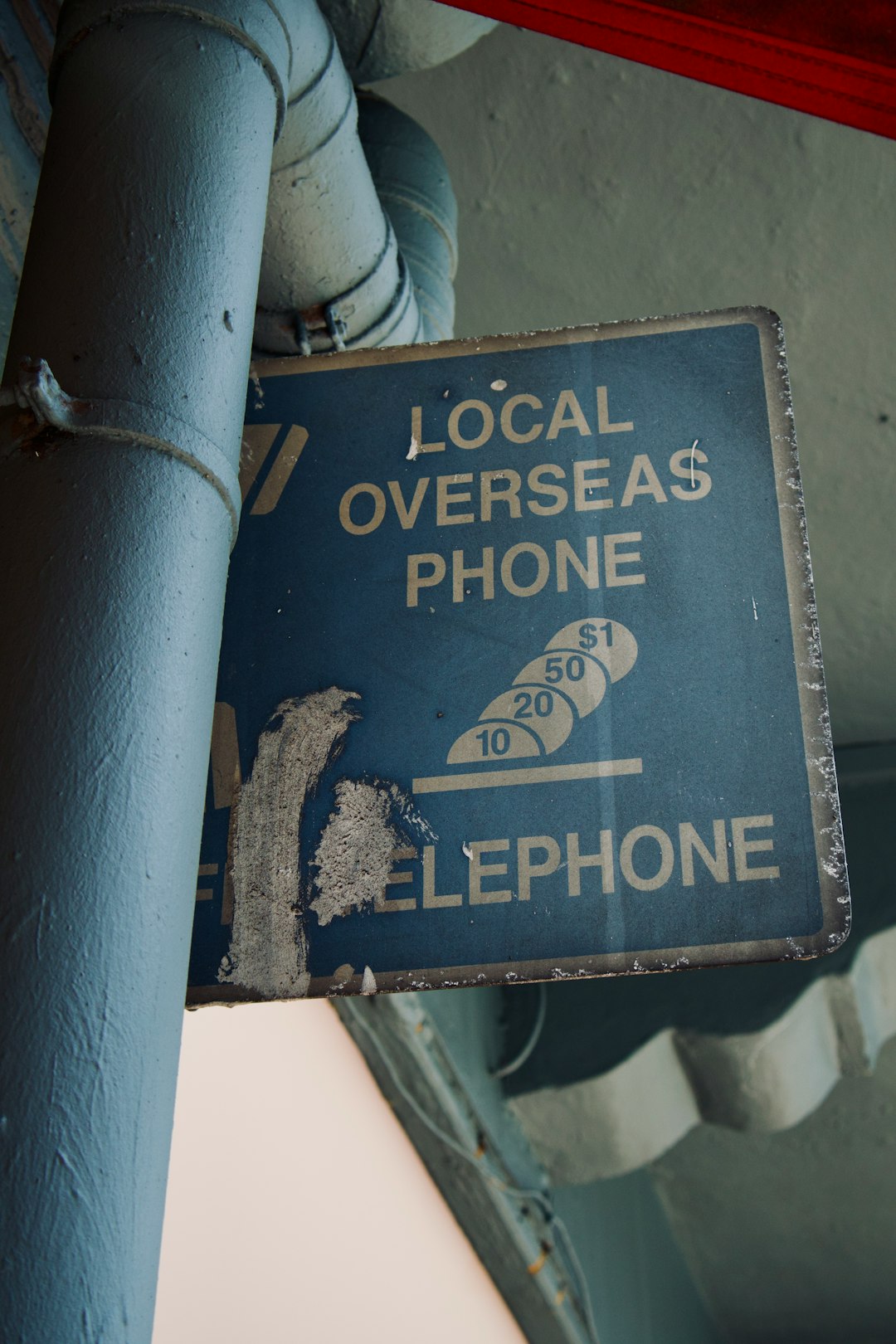Huntsville, Alabama, strictly regulates telemarketing, especially from law firms, through its "Do Not Call" laws. Residents can opt-out of unsolicited calls and register their numbers on state or national lists. Law firms must obtain explicit consent, respect do-not-call lists, and maintain accurate records to comply with these regulations, avoiding penalties and fostering a positive business environment while protecting consumer rights.
“Exploring the intricate web of Huntsville’s telemarketing regulations is essential for law firms navigating Alabama’s legal landscape. This comprehensive guide delves into the key components shaping the city’s tele-communication laws, specifically targeting do-not-call policies for law practices. From understanding local perspectives to protecting consumer rights and enforcement mechanisms, we provide insights into best practices for compliance. By adhering to these guidelines, law firms can ensure ethical operations while respecting Huntsville residents’ privacy.”
Understanding Huntsville's Telemarketing Laws: A Local Perspective

Huntsville, located in Alabama, has specific telemarketing regulations that businesses and marketers must adhere to. These laws are designed to protect residents from unsolicited phone calls, particularly from law firm telemarketers. The Do Not Call law firms Alabama provisions are a crucial part of this protection, allowing locals to opt-out of receiving such calls. Understanding these regulations is essential for any organization engaging in telemarketing activities within the city’s boundaries.
Local perspectives often highlight the importance of balance—respecting residents’ privacy while still allowing legitimate marketing efforts. Huntsville’s approach ensures that businesses can operate effectively while consumers are protected from intrusive phone calls. Marketers must be aware of the specific rules, including do-not-call lists and consent requirements, to avoid legal repercussions and maintain a positive local business environment.
Do Not Call Regulations for Law Firms in Alabama

In Alabama, law firms are subject to strict Do Not Call regulations aimed at protecting residents from unsolicited phone marketing. These rules are in place to ensure that citizens can enjoy peace and quiet in their homes without constant sales calls. The regulations mandate that law firms must obtain explicit consent before making telephone marketing calls to individuals or businesses within the state. This means that cold calling by attorneys or their representatives for purposes such as advertising legal services is prohibited unless prior permission has been granted.
Firms violating these rules can face significant penalties, including fines and damage to their reputation. To comply, law firms should implement robust do-not-call practices, such as maintaining an internal list of approved contacts and honoring national “Do Not Call” registry listings. By adhering to these guidelines, Alabama law firms can ensure they remain compliant while also respecting the privacy and preferences of their potential clients.
Protecting Consumer Rights: Key Provisions

In Huntsville, protecting consumer rights is a top priority, especially in light of frequent telemarketing calls, including those targeting law firms. The city’s regulations aim to strike a balance between businesses’ marketing efforts and individuals’ right to peace and quiet. Key provisions focus on empowering residents with options to opt-out of unwanted calls, ensuring transparency from telemarketers, and setting clear boundaries for when and how these calls can be made.
One significant aspect is the enforcement of the “Do Not Call” laws, which allow citizens to register their numbers on state or national lists to prevent unsolicited calls from various entities, including law firms. These measures help alleviate the burden of excessive telemarketing, giving consumers more control over their communication preferences. By adhering to these protections, Huntsville strives to maintain a harmonious relationship between businesses and residents, fostering a peaceful environment where consumer rights are valued and respected.
Enforcement and Penalties: What to Expect

In Huntsville, telemarketing activities are regulated by local laws designed to protect residents from unwanted calls, especially those targeting law firms. Enforcement of these regulations is handled by the Huntsville Police Department and the City Attorney’s Office. Violators can expect a range of penalties, including fines up to $1,000 per violation. Repeated or blatant disregard for the Do Not Call laws may result in additional legal action.
If you receive a telemarketing call from someone not on your approved contact list, you have rights under Alabama law. You can file a complaint with the City’s Consumer Affairs Division, which will investigate and take appropriate measures against offending parties. By reporting these calls, Huntsville residents contribute to the enforcement of regulations aimed at ensuring peace and quiet in their homes, keeping unwanted solicitations at bay, especially from law firm telemarketers.
Best Practices for Compliance: Tips for Law Firms Operating in Huntsville

Law firms operating in Huntsville, Alabama, must adhere to strict telemarketing regulations to ensure compliance and maintain client relationships. One of the best practices for compliance is implementing clear Do Not Call policies. This involves obtaining explicit consent from potential clients before initiating any phone calls, and honoring their decision to opt-out. Regular training sessions for staff on these regulations are crucial to prevent accidental non-compliance.
Additionally, law firms should maintain accurate records of caller activity, including dates, times, and the content of interactions. This documentation helps in tracking compliance and can serve as evidence if any regulatory inquiries arise. Utilizing technology to automate certain aspects of telemarketing, such as call scheduling and consent management, can enhance efficiency while ensuring adherence to legal requirements for Do Not Call laws in Alabama.






